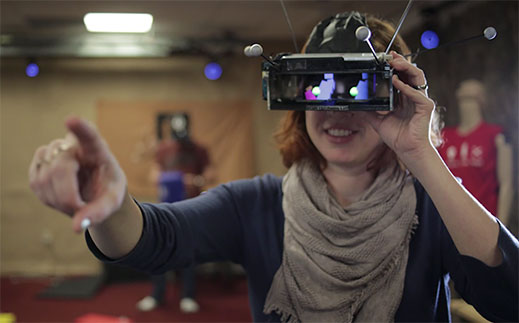Here is how you can use HoloLens and Kinect to build a telepresence app
2 min. read
Published on
Read our disclosure page to find out how can you help Windows Report sustain the editorial team. Read more

Looking to start working on your own mixed reality project? While they aren’t about to give you a full crash course on the details for creating holograms, the Windows Apps Team has put together a blog post that explains just how you can get started. It’s chock full of the important fundamental concepts, lots of code, and all of that good stuff that you need to get started with your adventure in the world of mixed reality.
Building a Telepresence App with HoloLens and Kinect https://t.co/4BSYq9GsX9 pic.twitter.com/2GAtJv9YHa
— Windows Blogs (@windowsblog) April 18, 2017
While the post doesn’t go terribly in-depth into the technical details necessary to get cracking, it reveals a few good resources that aspiring HoloLens developers can look to. Even if you don’t think you’ll be tinkering with mixed reality in the near future, it’s a pretty nice read. Invoking the holographic inspiration that Star Wars gave to kids back in 1977, the piece gets to the heart of why we’re all so excited to go on this journey in the new frontier of technology.
Readers will mostly be taught about “Telepresence” apps – the sort of things that you’d use a Kinect for, which interface with movements being made in front of a camera. It goes over how to integrate Kinect with Unity, getting used to things like the HoloLens-Kinect project, and quaternions – something that is, apparently, extremely important to 3d programming. (They’re likened to Midichlorians in Star Wars. “They are essential, they are poorly understood, and when someone tries to explain what they are, it just makes everyone else unhappy.”)
If you’re interested in being a part of the future of mixed reality apps, give it a read. It’s never been a better time to get into this tech.








User forum
0 messages